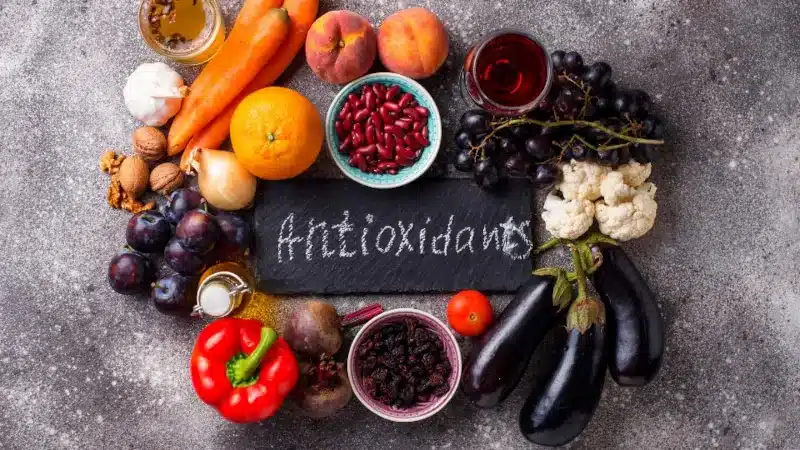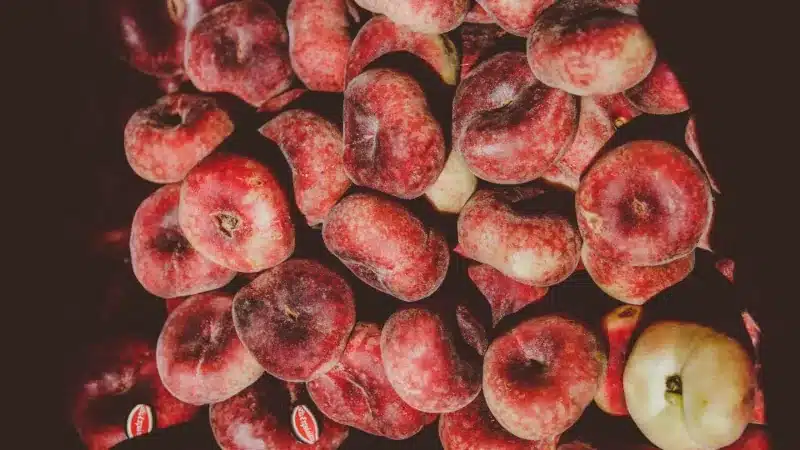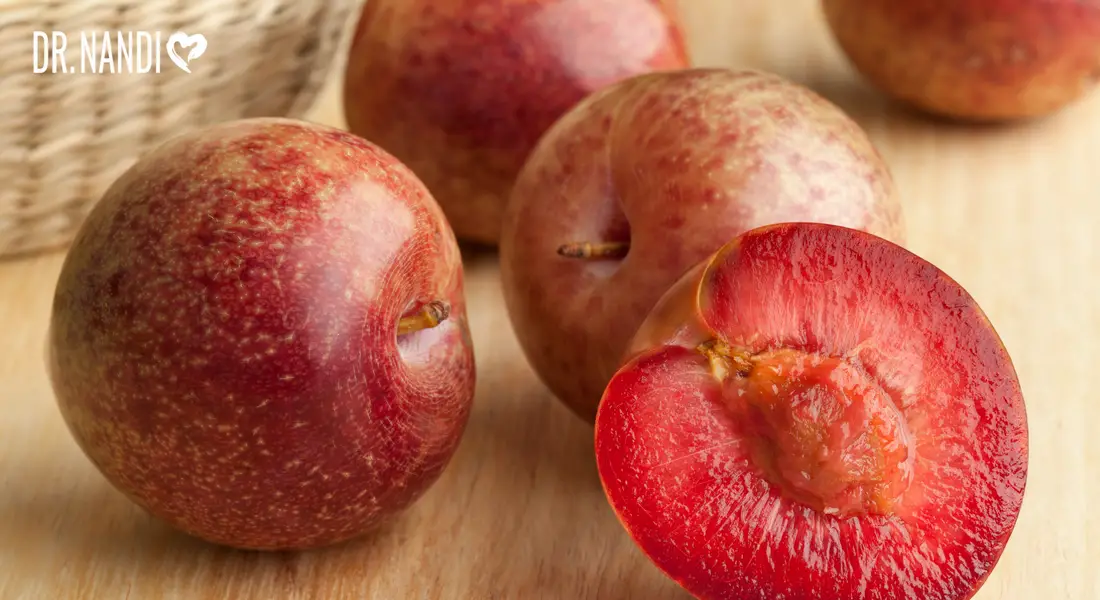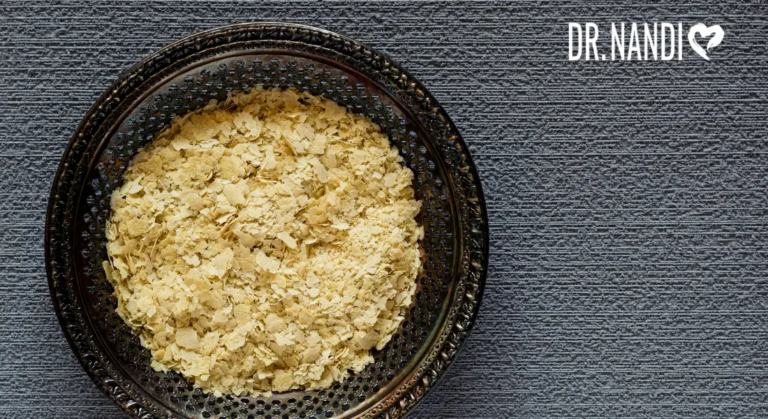Pluots are a hybrid between different Prunus species. They are also called interspecific plums. They were first “created” by Floyd Zaiger, who spent years experimenting with the two fruits before finally settling on this hybrid. The very first pluot was sold in 1989. Pluots have a plum’s sweet flavor and texture, but their exterior has the fuzzy, soft feeling of an apricot.
What are Pluots?
Pluots are a hybrid between two Prunus species, the plum, and the apricot. They were first “created” in the late 1980s by Floyd Zaiger, who spent years experimenting with the two fruits before finally settling on this hybrid. Most pluots are 75% plum and 25% apricot, so they have the sweet flavor and texture of plums but
History of Pluots
Pluots are a true testament to innovation in fruit cultivation. They were first developed by Floyd Zaiger, a visionary fruit geneticist who used traditional cross-pollination techniques to combine the best qualities of plums and apricots. After years of experimentation, Zaiger introduced pluots to the market in 1989, offering a fruit that is sweeter and juicier than a plum, with the delicate texture of an apricot.
Over time, pluots have evolved into a variety of cultivars, including favorites like Dapple Dandy, Flavor Grenade, and Black Kat, each offering unique flavors and appearances. Most pluots thrive in warm climates, with California leading their production. Their growing popularity reflects the power of thoughtful innovation and their lasting appeal as a fresh, flavorful fruit.
Nutrition Facts of Pluot
One pluot (5oz) has 80 calories, 1g protein, 19g carbohydrates, and 0g fat. Pluots are high in potassium and fiber as well as vitamin C. The USDA does not list specific nutritional information for pluots. (Plumcots are 50% each plum and apricot; under the heading of pluots, the nutritional data is for plumcots).
- Calories: 80
- Fat: 0g
- Sodium: 0mg
- Carbohydrates: 19g
- Fiber: 3g
- Sugars: 15g
- Protein: 1g
- Potassium: 226mg
Calories in Pluots
One 5 oz pluot has about 80 calories.
Health Benefits of Pluots
Pluots are a type of fruit cross between a plum and an apricot. They are packed with nutrients that are good for your health. Here are some of the health benefits of pluot:
Pluots are a Constipation Buster
Adding more fiber to your diet is easy with pluots. Each pluot has 3 grams of dietary fiber. Fiber helps to prevent constipation. Fiber makes your bowel movements more regular, and the fiber helps stimulate gastric and digestive juices that help the body absorb nutrients easier.
Pluots are Good for the Heart
The pluot is high in potassium and very low in sodium. This combination can help to lower blood pressure. The pluot is a heart-healthy powerhouse that adds high fiber content and lowers bad cholesterol. This dietary fiber can also improve the performance of insulin in the body, which helps with the lowering of blood pressure.
Pluots are Antioxidant-Rich
Pluots contain both vitamin A and vitamin C, two powerful antioxidants. Vitamin A will break down into beta-carotene, which is needed to boost vision, prevent macular degeneration, protect the skin from aging, and reduce the chances of some cancers. Vitamin C helps to neutralize free radicals in the body. These free radicals are dangerous by-products of cellular metabolism.

Pluots Keep You Hydrated
Doctors have recently stressed the importance of hydration because the human body contains more than 70% water. Pluots have a very high water content which can help keep your fluid levels up and help keep serious health problems away and metabolic inefficiency.
Pluots are Good Immune System Booster
Pluots help the immune system function more efficiently through their vitamin C content. One pluot contains 10 percent of the daily vitamin C requirements. Vitamin C is a potent natural water-soluble antioxidant that helps the body develop resistance against infectious agents.
Pluots May Reduce Cell Damage
A pluot’s vitamin C content may help to promote health and well-being. As a water-soluble vitamin, vitamin C encourages cell growth and immune function and slows the progression of aging.
Plums also contain phytonutrients, such as phenols, which have antioxidant properties. Antioxidants are chemicals that help to protect cells from damage, which can lead to cancer, heart disease, neurodegeneration, and aging.
Pluots Lower Diabetes Risk
According to three cohort studies, consuming specific whole fruits can lower the risk of type 2 diabetes. Plums and apricots, which have low glycemic scores, were not included in the study.
Researchers discovered that people who drank a lot of fruit juice had an increased risk of developing type 2 diabetes. If you’re concerned about blood sugar levels, you should stick to whole fruits rather than juice.
Pluots May Relieve Constipation
The most frequently advertised advantage of dried plums (prunes) is their ability to cure constipation. It is unclear whether pluots can provide the same level of relief as dried fruit.
Pluots Promotes Eye Health
Vitamin A is a vitamin that aids in the maintenance of good eyesight. As a result, it’s conceivable that this plum-apricot cross can provide the same health advantage as other vitamin A-rich fruits and vegetables. However, you can try the best vision supplement from Health Hero Shop to improve your health, i.e. Eye Max.
Pluots Improve Fluid Intake
Because pluots have a high water content, biting into one of these delicious fruits can help your child’s fluid levels stay healthy. Pluots also contain electrolytes and minerals in the blood that help regulate fluid levels in the body. It can help replenish these electrolytes after strenuous activity, such as playing sports or working out.

Adverse Effects
As pluots are credited with adding fiber to your diet and helping with constipation belief, consuming too many pluots may result in diarrhea or increased gas. Should you experience either of these symptoms, reducing your intake may help.
Storage and Food Safety
Generally, pluots can be stored at room temperature for up to three days. If you want them to last longer, you can keep them in the refrigerator for up to a week. You can place a pluot that is not fully ripe into a paper bag at room temperature for one or two days to help it ripen.
How to Prepare?
Pluots can be eaten both raw and cooked. They make a great addition to any fruit pie or jam and can be used as substitutes for peaches or nectarines.
They also make a great snack; your child might be excited to eat them once they learn that one of their nicknames is Dinosaur Egg.
To learn more about healthy foods, subscribe to Dr. Nandi’s fabulous newsletter today or contact him with any questions!
Recipe Ideas for Pluots
Pluots aren’t just delicious on their own but also incredibly versatile in the kitchen. Their sweet, slightly tart flavor makes them an ideal ingredient for a variety of dishes. Here are a few simple but impressive ways to use pluots in your cooking:
Pluot Crumble
Turn ripe pluots into a comforting dessert. Slice them up, layer them in a baking dish, and top with a crumble made from oats, brown sugar, cinnamon, and butter. Bake until golden and serve warm with ice cream or whipped cream.
Pluot Salad
Brighten up your next salad with thinly sliced pluots. Toss them with mixed greens, goat cheese, candied pecans, and a balsamic vinaigrette for a dish that’s as visually appealing as it is delicious.
Pluot Jam
Make a homemade jam that captures the sweet-tart essence of pluots. Simmer chopped pluots with sugar, lemon juice, and a hint of vanilla, and use the result as a spread for toast or a glaze for pastries.
Grilled Pluots
Grill halved pluots brushed with honey and olive oil for a creative twist. They pair wonderfully with savory dishes or can be served as a standout dessert with a scoop of vanilla ice cream.
Pluot Smoothie
Blend pluots with Greek yogurt, a splash of orange juice, and some spinach for a refreshing and nutrient-packed smoothie. It’s a great option for breakfast or an afternoon pick-me-up.
These ideas show just how versatile pluots can be, whether you’re making a quick snack or preparing a standout dish. They’re a fantastic way to add a burst of flavor and creativity to your meals.
Frequently Asked Questions
Are pluots good for you?
Pluots have many health benefits with their high vitamin C and fiber content. They are rich in antioxidants, high in potassium, and very low in sodium.
How many calories are in the pluots?
It depends on the size of the fruit, but on average, a pluot has about 80 calories.
References:
- Nutrients | Free Full-Text | Vitamin C and Immune Function (mdpi.com)
- A Systematic Review on the Health Effects of Plums (Prunus domestica and Prunus salicina) – Igwe – 2016 – Phytotherapy Research – Wiley Online Library
- Antioxidants | Free Full-Text | Dietary Antioxidants and Health Promotion (mdpi.com)
- Use of prunes as a control of hypertension – PubMed (nih.gov)











 Subscribe to Ask Dr. Nandi YouTube Channel
Subscribe to Ask Dr. Nandi YouTube Channel









